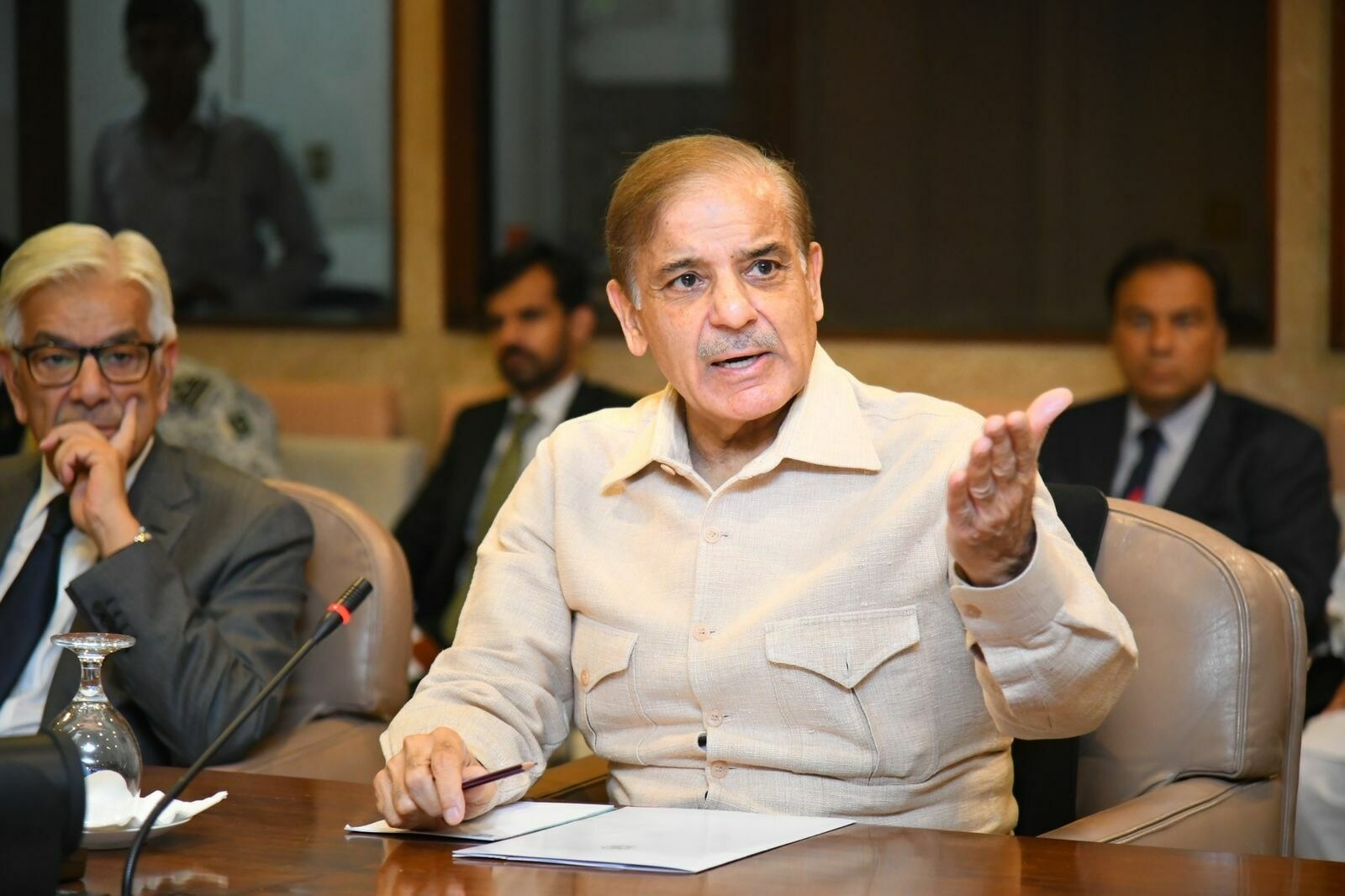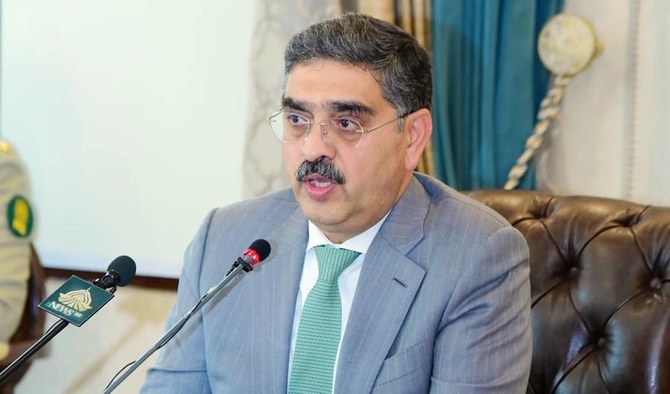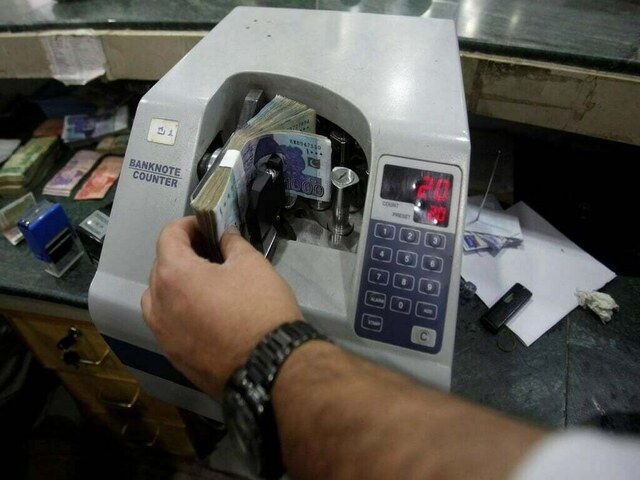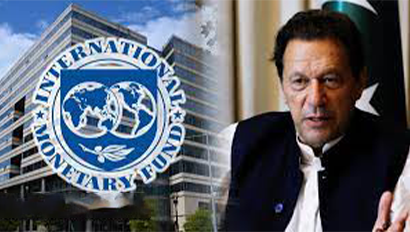Mohsin Siddiqui (Chief Reporter)
The Federal Cabinet has officially approved the termination of existing Power Purchase Agreements (PPAs) with five Independent Power Producers (IPPs).
This crucial decision aligns with recommendations from the Task Force on Power Sector Reforms, reflecting the government’s commitment to improving the efficiency and sustainability of electricity generation and consumption in the country.
The Prime Minister’s Office (PMO) released a statement on Thursday, outlining the details of the agreement reached between the Task Force and the owners of the IPPs. The IPPs affected by this decision include notable entities such as HUBCO, Lalpir Power Limited, Saba Power, Rousch Power, and Atlas Power. These agreements have been identified as detrimental to the national interest, prompting the government to take decisive action.
According to the PMO, Rousch Power operates under a Build-Operate-Transfer (BOT) agreement. Following the termination of its agreement, the ownership will be transferred to the government, which plans to privatize the facility through the Privatization Commission. However, the ownership of the remaining four IPPs will remain with their current owners, and there will be no government payments after the termination of these agreements, ensuring that the financial burden does not shift to the national treasury.
Prime Minister expressed optimism regarding the impact of this decision on the national economy. “By the grace of Allah, the national economy is swiftly moving towards stability,” he stated. He emphasized that this first phase involves the termination of PPAs with five IPPs, marking a crucial milestone in the broader context of power sector reforms. The Prime Minister also indicated that revisions of agreements with other IPPs will continue, ultimately aimed at reducing electricity tariffs across the board.
The financial benefits of this move are expected to be substantial. The termination of these agreements is projected to save electricity consumers approximately Rs60 billion annually. This reduction in costs per unit of electricity is anticipated to have a positive ripple effect, ultimately saving the national treasury around Rs411 billion in total. Such savings are crucial for a country grappling with financial challenges and high energy costs, providing much-needed relief to consumers and businesses alike.
Following the announcement, there was an immediate impact on the stock market. Shares of HUBCO and Lalpir Power witnessed a notable decline during intra-day trading. HUBCO’s share price fell to Rs112.5, down Rs0.92 from a high of Rs119.4 earlier in the day. Similarly, Lalpir’s stock dropped to Rs15.8 from a high of Rs17.15, indicating investor concerns regarding the future of these companies in light of the terminated agreements.
Reports from Business Recorder indicated that the federal government’s efforts in negotiating with various IPPs have started to yield results. Four of the five affected IPPs, including Atlas Power, Saba Power, Rousch Power, and Lalpir Power, have reportedly initialed agreements for the premature scrapping of their contracts. HUBCO is expected to follow suit soon, with indications that a settlement regarding early termination has already been reached.
During the press conference, the Prime Minister highlighted the commitment of the five IPP owners to prioritize national interests over personal gains. He acknowledged their willingness to voluntarily terminate the agreements, stating, “These five IPPs have played a key role in initiating public relief, like the first drop of rain.” This gesture is seen as a significant contribution to alleviating the financial burdens faced by electricity consumers in Pakistan.
The Prime Minister expressed gratitude toward the owners of the IPPs for their cooperation and emphasized the vital role played by the Task Force on Power Sector Reforms and the Federal Cabinet members in facilitating this transformative process. By collaborating with the private sector, the government aims to create a more favorable environment for investment and development in the energy sector.
The termination of these Power Purchase Agreements is just one step in a larger strategy to reform Pakistan’s power sector. The government recognizes the urgent need to address inefficiencies and high costs associated with electricity generation. As part of ongoing reforms, further negotiations with other IPPs are expected, with the goal of reducing tariffs and ensuring a more sustainable energy supply.
In the coming months, the government plans to explore various options to enhance the power sector’s performance, including renewable energy sources, improved infrastructure, and more competitive pricing models. These efforts are vital for achieving long-term energy security and economic stability in Pakistan.




